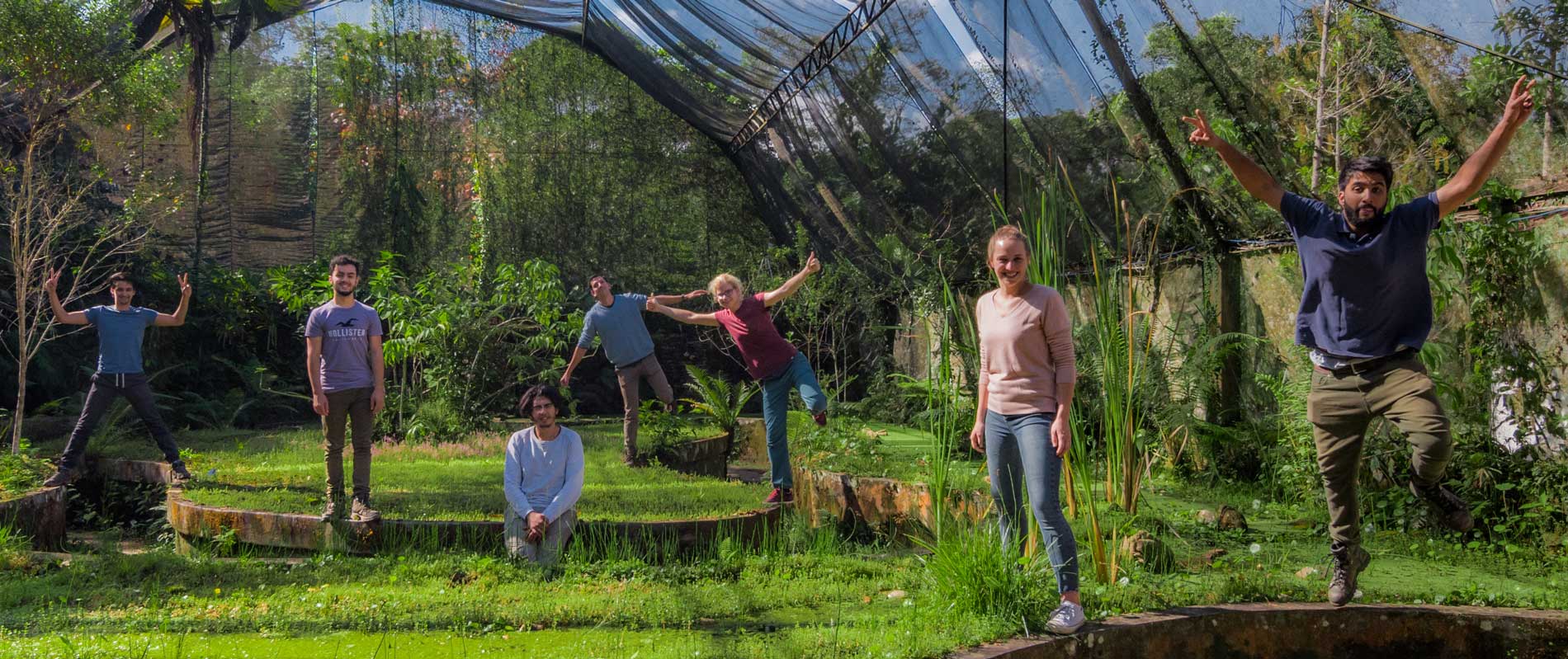Are you seeking a meaningful career shift that blends purpose, science, and environmental action? Join a dedicated non-profit organization in Brazil working to connect communities, researchers, and nature through education and scientific research. This is your opportunity to support impactful conservation efforts while contributing to the development of five ecological reserves and research centers across Brazil’s major biomes—beginning with ongoing projects in the Amazon and Atlantic Forest.
Key highlights of this opportunity:
Engage in scientific research focused on biodiversity, ecology, and species behavior.
Contribute to environmental education initiatives that empower communities.
Support the creation of five long-term conservation reserves and research hubs.
Participate in projects in the Amazon and Atlantic Forest, two of the world’s most vital ecosystems.
As a volunteer or professional participant, you’ll help promote biodiversity research, ecological awareness, and the sustainable use of natural resources. Whether you’re contributing to species behavior studies, ecological surveys, or the creation of educational materials, your work will help foster a more informed and environmentally conscious society.
This initiative integrates hands-on research with accessible learning experiences for the public, empowering both local communities and visitors to engage with Brazil’s extraordinary ecosystems. You’ll also support eco-tourism, regional culture, and conservation efforts that aim to preserve the country’s natural heritage for generations to come.
Take part in a project where your skills make a real difference—support sustainability, protect unique habitats, and help lay the foundation for long-term environmental stewardship across Brazil.
The Experience
You can expect to get involved in any of the following;
Tree Inventory: Mark, measure, and catalog tree species, providing crucial data for biodiversity analysis and forest health, especially vital for the release and monitoring of parrots.
Garden Day: Assist in gardening, construction, and general reserve maintenance. Tasks include weeding, clearing trails, removing invasive plants, and planting native seedlings to support the ecosystem’s resilience.
Mushroom Inventory: Explore the forest for new mushroom species, collect spore prints, and hunt for bioluminescent mushrooms during nighttime excursions.
Bird Inventory: Actively search for bird species, documenting their presence, abundance, distribution, and seasonality. Your data will contribute to tracking local bird populations.
Mammal Monitoring: Sort and review camera trap footage, identify mammal species, and analyze their diversity and distribution in the area.
Fish Inventory: Classify various fish species, examine their microhabitats, and gather vital river data to support aquatic ecosystem monitoring.
Reforestation: Assist with enriching the release center areas by planting fruit trees that will aid birds during their early release stages.
Invasive Species Removal: Participate in clearing exotic plants and weeds, creating space for native fruit trees to thrive and ensuring the success of reforestation efforts.
Time Commitment & Working Conditions:
You’ll engage in approximately 80% of the activities mentioned, though some tasks may vary seasonally or be influenced by weather conditions. While rain is frequent in the rainforest, work continues unless severe weather conditions make it unsafe. If necessary, volunteers may be released early for their safety.
Embark on an immersive experience to advance your career in biodiversity conservation while making a real-world impact. Your contributions will help protect and restore ecosystems, promote wildlife research, and support long-term environmental stewardship efforts.
Logistics
The cost of the programme is £350 per week, with a minimum 3 weeks for the Atlantic project, and 4 weeks for the Amazon project.
This includes;
- Private Accommodation (depending upon availability)
- All meals
- Airport Pickup & transfer to project (Amazon project only)
- All project-related activities
- Premium Support Package with 24/7 Support
This does not include;
- Flights
- Visas (if applicable)
- Vaccinations
- Travel Insurance
- Personal spending and any extra activities
Book a Call
Schedule a free call with us to discuss your exact interests and requirements to help us match you with the perfect project for you.



